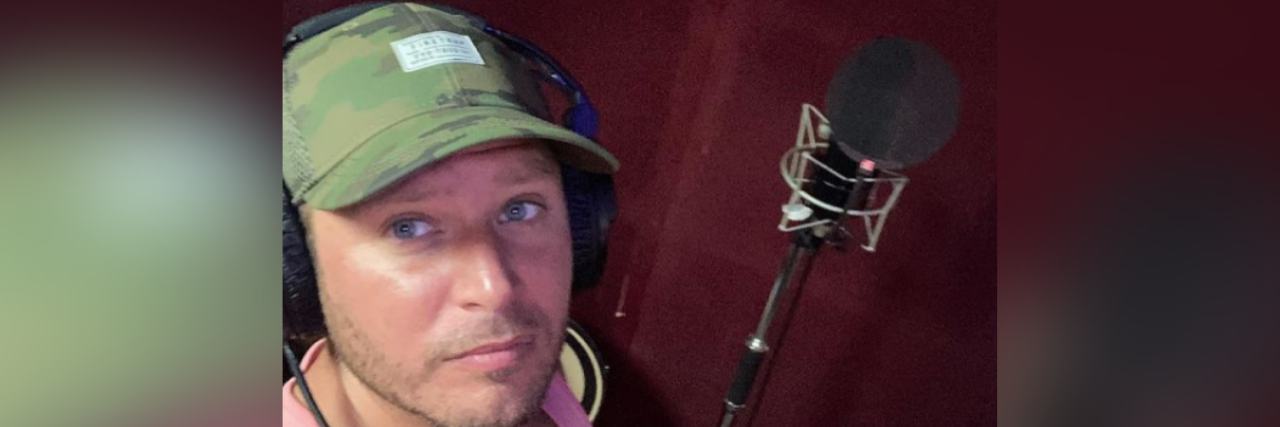How Music Helped This Rapper Cope with Borderline Personality Disorder
At a show for BBC Music Introducing, rapper Wayne Webster – who is from Bristol, England – opened up about how music helps him manage his borderline personality disorder.
When Webster was 28 years old, he was diagnosed with borderline personality disorder after realizing that he was hurting and hurting everyone around” him, according to BBC News. “The woman that diagnosed me, I was telling her about my lyrics that mentioned this demon, and she said that was me naming it,” Webster said. “I learned how to rewire my brain, and music was the biggest thing that helped me throughout all of that.”
Borderline personality disorder (BPD), according to the National Institute of Mental Health (NIHM), “is an illness marked by an ongoing pattern of varying moods, self-image, and behavior.” People who live with BPD may be impulsive and can experience intense episodes of anger, depression, and anxiety.”
NIHM shares that people who have BPD may experience the following symptoms:
- Efforts to avoid real or imagined abandonment, such as rapidly initiating intimate relationships or cutting off communication with someone in anticipation of being abandoned
- Distorted and unstable self-image or sense of self
- Self-harming behaviors
While Webster said that he had to rewire his brain, finding new ways to process thoughts and fears can help people cope with this mental health condition. People with BPD may benefit from dialectical behavior therapy (DBT). DBT was formed to help people with BPD, and this form of therapy uses mindfulness and acceptance skills.
Music, whether or not someone can rap, can help people with BPD recognize and cope with symptoms of this condition. In an article for The Mighty where community members shared songs that reminded them of symptoms of BPD, one person shared that “Boulevard of Broken Dreams” by Green Day “describes the chronic and consistent combination of symptoms and struggles with feelings of failure, preoccupations with loneliness and rejection, emptiness, suicidal thoughts and feeling lost with no sense of self and identity.” As an important part of DBT is recognizing your emotions and working through them, music may be helpful.
Webster also encourages people with BPD or suspect that they have BPD to reach out for help. “It’s important for people to not feel alone, to not feel ashamed and if you feel that you’re battling with your thoughts then you need to go and seek help, because that was the best thing that I’ve done,” he said.
Image via Wayne Webster/Instagram

